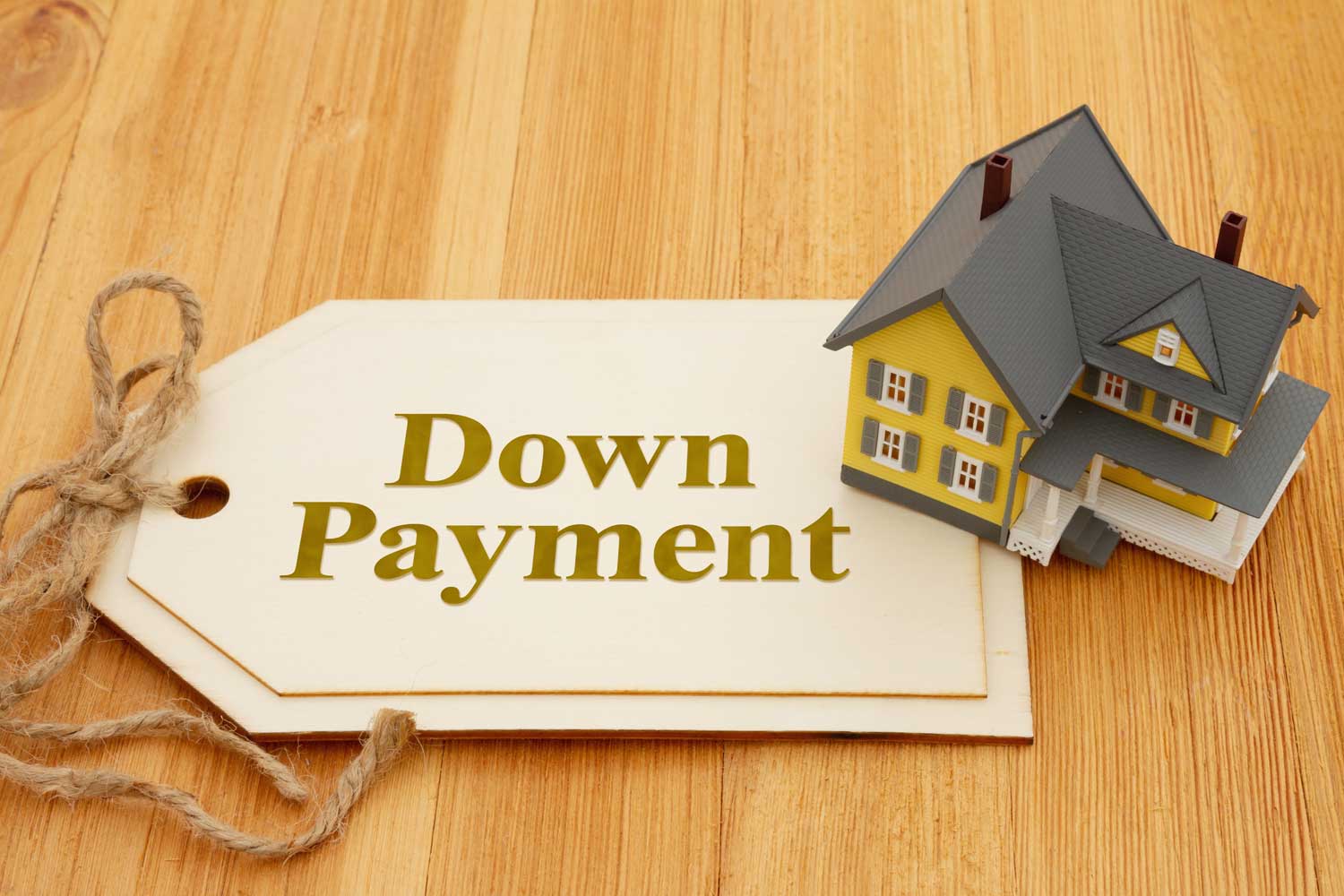Buying your first home is an exciting milestone in life, but it can also be a daunting and complex process. From navigating the real estate market to securing financing and finding the perfect property, there’s a lot to consider. To help make the journey smoother, here are seven essential tips for first-time homebuyers.
1. Assess Your Finances
Before diving into the world of homeownership, take a close look at your financial situation. Calculate your budget, including your monthly income, expenses, and savings. Determine how much you can comfortably allocate towards a mortgage payment, property taxes, insurance, and maintenance costs. It’s crucial to have a clear understanding of your financial capacity to avoid overextending yourself.
2. Get Pre-Approved for a Mortgage
One of the first steps in the homebuying process is getting pre-approved for a mortgage. This involves working with a lender who will assess your credit score, income, and debt to determine how much they are willing to lend you. Having a pre-approval letter in hand not only helps you understand your budget but also makes you a more attractive buyer to sellers, as it demonstrates your seriousness and financial readiness.
3. Research the Market
Take the time to research the real estate market in the area where you want to buy. Look at recent sales data, trends, and neighborhood statistics. Understanding the market conditions will help you make informed decisions about when and where to buy. It’s also essential to identify your priorities, such as location, size, and style of the home, to narrow down your search.
4. Work with a Real Estate Agent
A knowledgeable real estate agent can be a valuable asset for first-time homebuyers. They can help you navigate the complex buying process, provide insights into the local market, and negotiate on your behalf. Choose an agent who understands your needs and has a track record of successfully assisting first-time buyers.
5. Don’t Skip the Home Inspection
Even if a property looks perfect on the surface, it’s crucial to have a professional home inspection before closing the deal. Inspections can reveal hidden issues such as structural problems, plumbing or electrical issues, and potential safety hazards. Knowing the true condition of the property can save you from costly surprises down the road.
6. Understand Closing Costs
Aside from the down payment and monthly mortgage payments, there are various closing costs associated with buying a home. These costs can include attorney fees, title insurance, appraisal fees, and more. Be prepared for these expenses by budgeting for them in advance. Your lender or real estate agent can help you estimate these costs.
7. Plan for Long-Term Ownership
When buying a home, think about your long-term plans. Are you planning to stay in the area for several years, or is this a short-term investment? Consider factors like the resale value of the property, the quality of local schools, and the potential for property appreciation. A home is a significant investment, so make sure it aligns with your long-term goals.
Conclusion
Buying your first home is a significant step that requires careful planning and consideration. By assessing your finances, getting pre-approved for a mortgage, researching the market, working with a real estate agent, prioritizing a home inspection, understanding closing costs, and thinking long-term, you can navigate the process with confidence and make a sound investment in your future. Happy house hunting!






